Question And Answer
Publications
Articles, publications, books, tools and multimedia features from the U.S. Institute of Peace provide the latest news, analysis, research findings, practitioner guides and reports, all related to the conflict zones and issues that are at the center of the Institute’s work to prevent and reduce violent conflict.
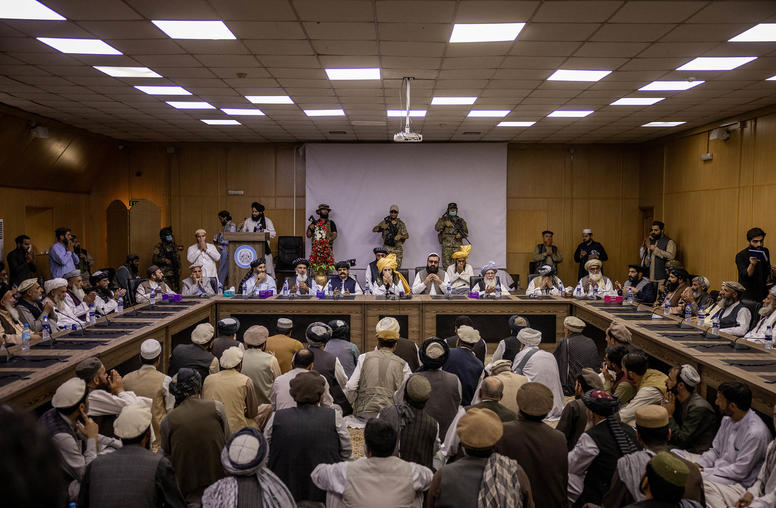
One Year Later: Taliban Reprise Repressive Rule, but Struggle to Build a State
When the Taliban swept into power last August, many expected they would reprise the draconian governance of their 1990s emirate. Despite pledges of moderation and reform from some Taliban factions, one year later those predictions have largely turned out to be prescient. The group has yet to establish a formal governance structure, with the interim cabinet appointed early in their tenure still intact. But the Taliban have swiftly reinstated many of their harshest policies, pushing women out of public life and brooking no dissent. USIP’s Andrew Watkins explains how the Taliban government functions, who’s really in charge and how the Taliban have dealt with challenges to their authority.
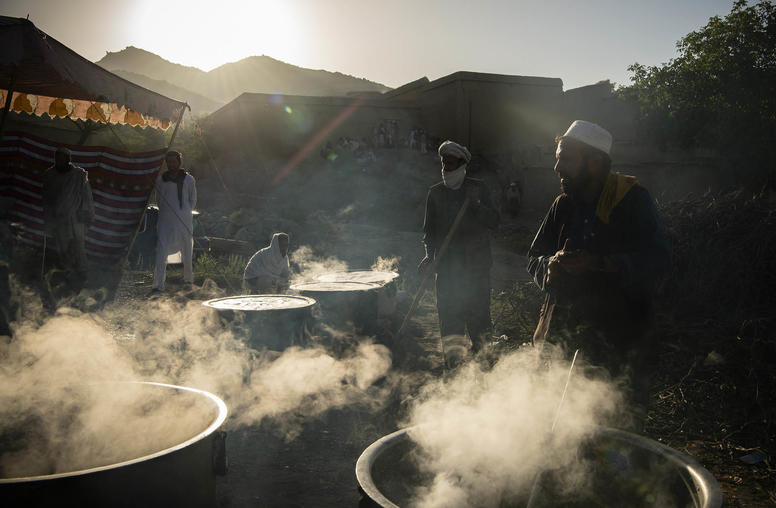
A Year into Taliban Rule, Afghans Face Spiraling Economic, Humanitarian Crises
The Taliban’s takeover of Afghanistan last year — followed by economic sanctions and other restrictions from the international community — precipitated a dire humanitarian crisis. Afghan women and children, particularly girls, have been hit the hardest. After two decades of hard-won gains, Afghan women have seen their rights evaporate before their eyes and young girls’ dreams for their futures have been squashed. Meanwhile, the country’s economic crisis has left nearly the entire population in hunger, with limited access to health care and other basic needs.

Andrew Watkins on the One-Year Anniversary of Taliban Takeover
With “more people going hungry in Afghanistan than anywhere else in the world,” the Taliban have shown they recognize “the scope of the problems they’re facing. But they’ve also revealed … just how little they can do to grapple with the world’s worst humanitarian crisis,” says USIP's Andrew Watkins.
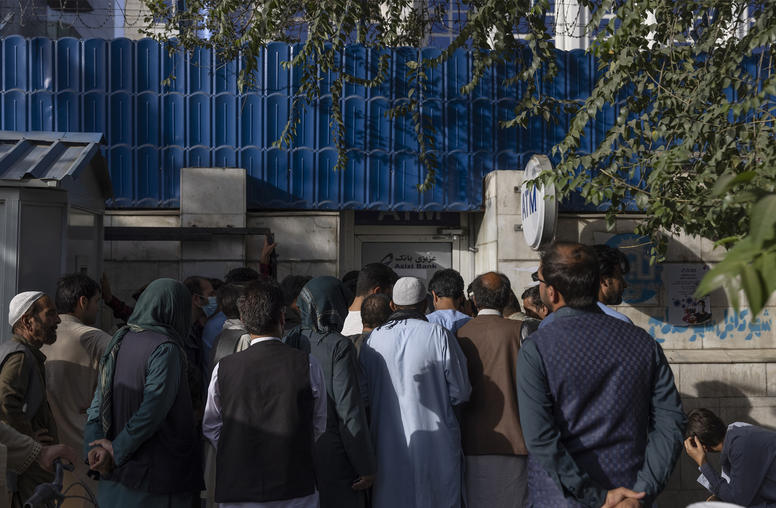
Demands for Prompt Return of Afghan Central Bank Reserves Miss the Full Picture
On August 10, a group of more than 70 international economists sent an open letter to U.S. President Joseph R. Biden Jr. and Treasury Secretary Janet Yellen urging the U.S. administration to promptly return more than $7 billion of Afghanistan’s foreign exchange reserves, held at the New York Federal Reserve Bank, to Afghanistan’s central bank (Da Afghanistan Bank; DAB). The letter followed similar pleas by U.N. officials and others. However, following the killing of al-Qaida leader Ayman al-Zawahiri in a U.S. drone strike in Kabul on July 31, the administration announced it will not release any of the reserves for recapitalization of DAB. The economists’ letter, though well-intentioned like other requests to return the reserves to DAB, does not take into account the very real constraints imposed by the U.S. legal system and judicial proceedings, as well as serious problems at DAB.
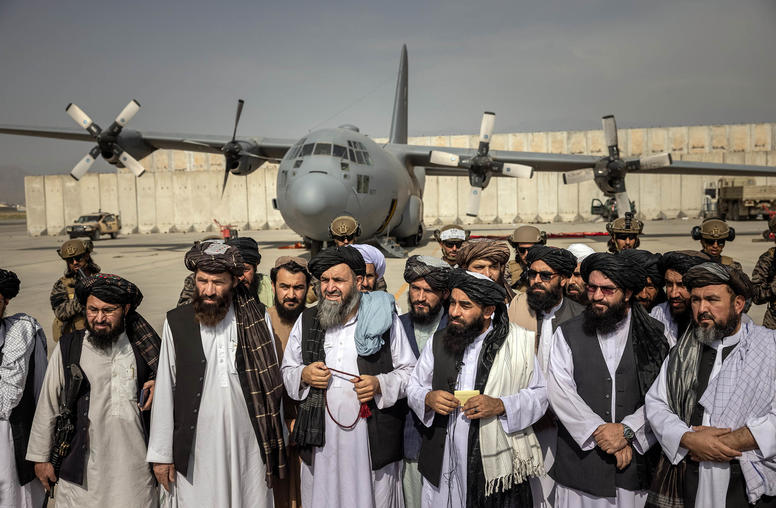
A Year After the Taliban Takeover: What’s Next for the U.S. in Afghanistan?
A year ago this month, the United States’ longest war ended, punctuated by the Taliban’s rapid takeover of Kabul. In the year since, U.S. policy on Afghanistan has focused on evacuating remaining U.S. citizens and partners in the country and addressing the country’s deteriorating humanitarian and economic crises. U.S. engagement with the Taliban has been limited and Washington has premised normalizing relations on the Taliban upholding counterterrorism commitments, respecting human rights and establishing an inclusive political system. There has been little indication that the Taliban are interested in following through on the latter two issues and the recent killing of al-Qaida leader Ayman al-Zawahiri in Kabul demonstrates that the regime has not met its pledge to cut ties with transnational terrorist groups.

Asfandyar Mir on the Taliban Harboring al-Qaida Leader Ayman al-Zawahiri
The 2020 Doha Agreement was meant to force the Taliban to “think twice” before harboring terror groups. But Ayman al-Zawahiri’s killing in Kabul shows the deal was “just a piece of paper for the Taliban. They had no qualms about once again hosting the main leader of al-Qaida,” says USIP’s Asfandyar Mir.
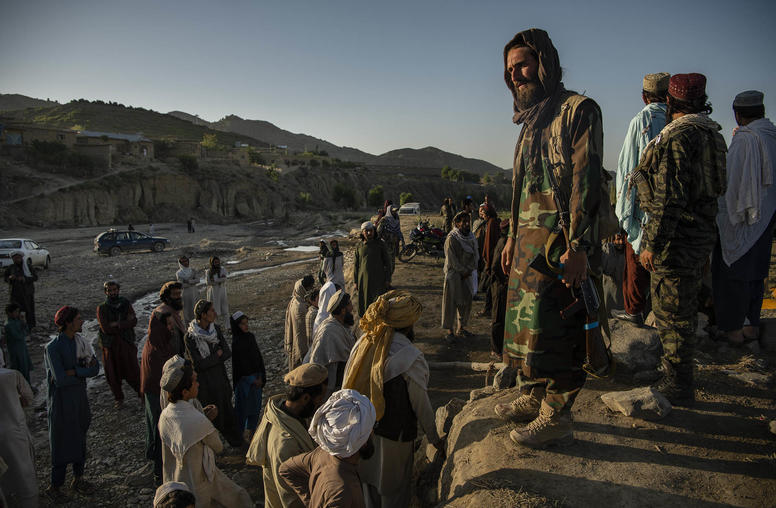
One Year Later, Taliban Unable to Reverse Afghanistan’s Economic Decline
Afghanistan’s economy was already deteriorating before the Taliban takeover of the country on August 15, 2021, suffering from severe drought, the COVID-19 pandemic, declining confidence in the previous government, falling international military spending as U.S. and other foreign troops left, human and capital flight, and Taliban advances on the battlefield. Then came the abrupt cutoff of civilian and security aid (more than $8 billion per year, equivalent to 40% of Afghanistan’s GDP) immediately after the Taliban takeover. No country in the world could have absorbed such an enormous economic shock — exacerbated by sanctions, the freezing of Afghanistan’s foreign exchange reserves and foreign banks’ reluctance to do business with the country.
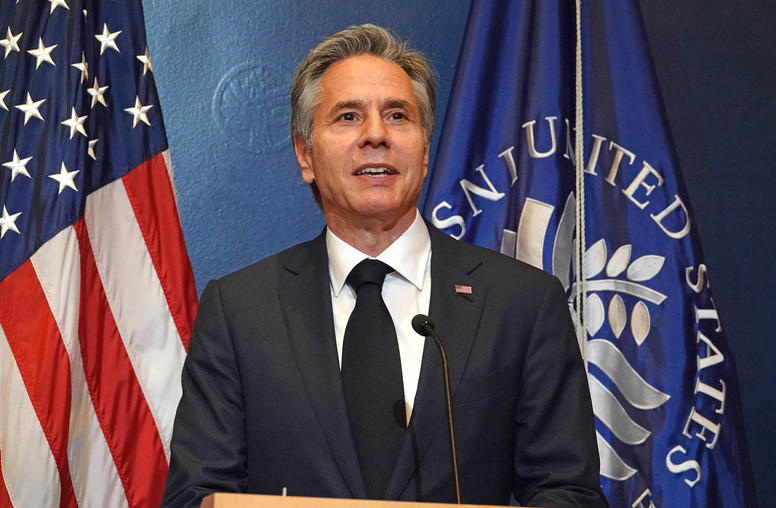
A New Platform for Afghan Women and Civil Society
When the Taliban returned to power last August, many wondered if the previous two decades of progress and change in Afghanistan would temper the group’s previously draconian policies. But despite some initial rhetoric that hinted in the direction of reform, the Taliban have recommitted — rather than reconsidered — their repressive approach to governance. Over the last 11 months, the group has instituted massive rollbacks for women’s rights, as well as pushed marginalized groups further to the periphery in a country mired in economic and humanitarian crises.

After al-Zawahiri’s Killing, What’s Next for the U.S. in Afghanistan?
On Monday, President Biden revealed that a U.S. drone strike killed al-Qaida leader, and mastermind of the 9/11 attacks, Ayman al-Zawahiri over the weekend. Al-Zawahiri was reportedly on the balcony of a safe house in Kabul, Afghanistan. Last week, the United States participated in a regional conference in Tashkent, Uzbekistan focused on counterterrorism, where Taliban Foreign Minister Amir Khan Muttaqi said his regime had followed through on commitments to not allow Afghanistan to be used as a base for transnational terrorism.
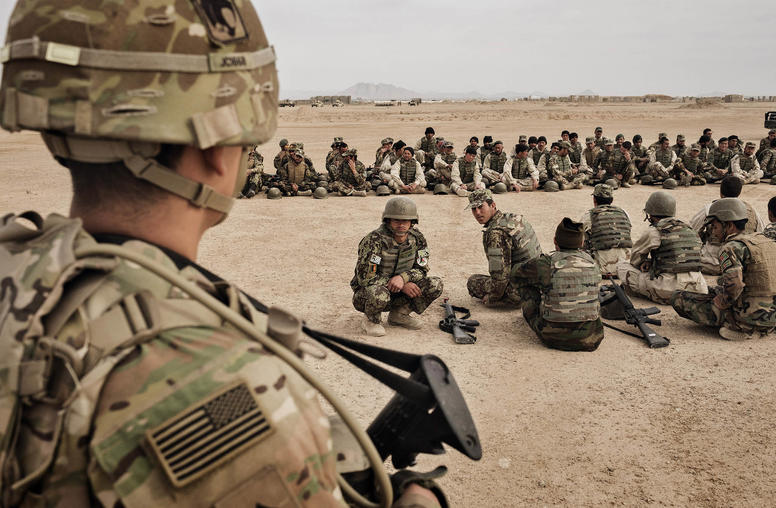
Why Have the Wars in Afghanistan and Ukraine Played Out So Differently?
The Taliban insurgency and U.S. troop withdrawal, and Russian incursions culminating in the February 24 invasion, constituted existential “stress tests” for Afghanistan and Ukraine, respectively. Ukraine and its international supporters have succeeded in preventing an outright Russian victory, imposing severe and continuing costs on Russia — ranging from high casualties to financial sanctions. Whatever happens next, the invasion has solidified Ukraine’s national will, status and orientation as an independent, Western-oriented sovereign country. In sharp contrast, Afghanistan’s government and security forces collapsed within a month after U.S. troops left the country, its president and many others fled, and the Taliban rapidly took over.